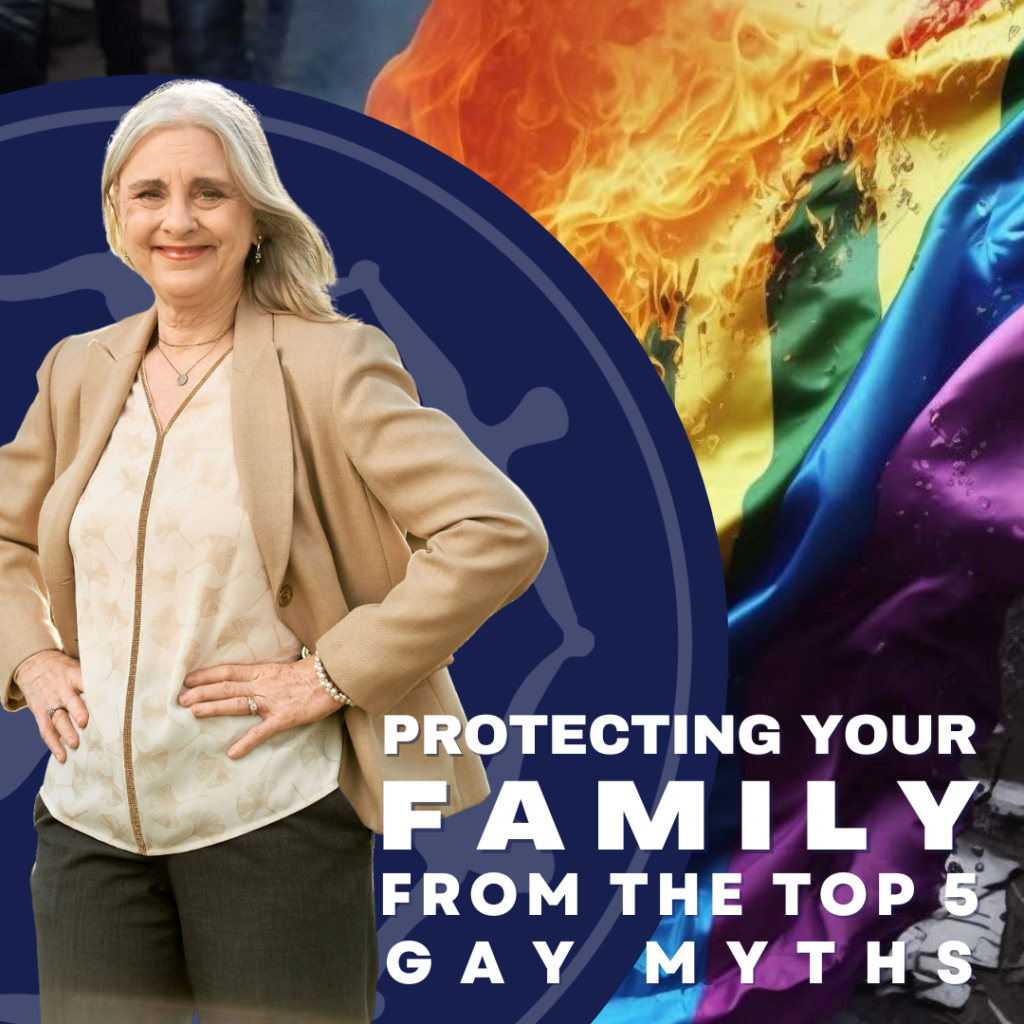COMMENTARY: The available research does not support the claim that same-sex attraction has an immutable genetic origin.
by Jennifer Roback Morse May 15, 2023 at National Catholic Register.

Science says: No one is born gay.
Actually, it is more accurate to say, “The available science is inconsistent with the claim that people are born gay.” I made the deliberate overstatement to dramatize a point: We are being conned with ideology masquerading as science. We are being consistently told that science says “being gay” is an inborn immutable trait of an individual that is beyond their power to change. Therefore, holding people morally accountable is cruel, unreasonable, and, worst of all, out of date and unscientific. The Catholic Church must abandon her ancient teaching that homosexual acts are “intrinsically disordered” in order to keep up with the most modern findings of science. But what if “science” says no such thing?
Before addressing this, let me point out an objective historical fact: The Catholic Church’s disapproval of homosexual acts was at one time the consensus of the entire Judeo-Christian tradition. The Church’s specific language that homosexual acts are “intrinsically disordered” flows in part from her long dialogue with Greek philosophy and has a specific philosophical meaning. Homosexual acts are not “ordered” toward the proper end of sexual acts, namely reproduction. Until very recently, the widespread Judeo-Christian view agreed roughly with today’s Catechism of the Catholic Church, that homosexual acts “are contrary to the natural law. They close the sexual act to the gift of life. They do not proceed from a genuine affective and sexual complementarity. Under no circumstances can they be approved” (2357).
As a matter of fact, the available science analyzing the human genome clearly says there is no genetic basis for a homosexual identity. A large-scale study of the human genome concluded there is certainly no single genetic determinant of same-sex sexual behavior. The study concluded that “all tested genetic variants accounted for 8% to 25% of variation in same-sex sexual behavior … and do not allow meaningful prediction of an individual’s sexual behavior.” The lead author of the study told The New York Times that it is “basically impossible to predict one’s person’s sexual activity or orientation just from genetics.” Ruth Institute senior research associate Father Paul Sullins, professor emeritus of sociology at The Catholic University of America, summarized the results of this very technical paper as follows:
“The study found that a person’s developmental environment — the influence of diet, family, friends, neighborhood, religion, and a host of other life conditions — was twice as influential as genetics on the probability of adopting same-sex behavior or orientation. The genetic influence did not come from one or two strong sources but from dozens of genetic variants that each added a small increased propensity for same-sex behavior. A genetic arrangement based on a large number of markers across the genome means that virtually all human beings have this arrangement, or large portions of it. In other words, not only did the study fail to find some controlling gene for gay identity, it also established that gay persons are not genetically distinct from all other human beings in any meaningful sense. Gay persons, we might say, have a perfectly normal human genome.”
Numerous studies of identical twins are inconsistent with the idea that being “gay” is genetically determined. If it were, we would expect 100% “concordance” between identical twins: that is, if one twin is “gay,” the other should be, as well. The actual concordance is closer to 1/3, according to a study that reviewed research conducted about this issue and stated as follows:
Download your copy of the free e-book, Protecting Your Family From the Top 5 Gay Myths.



